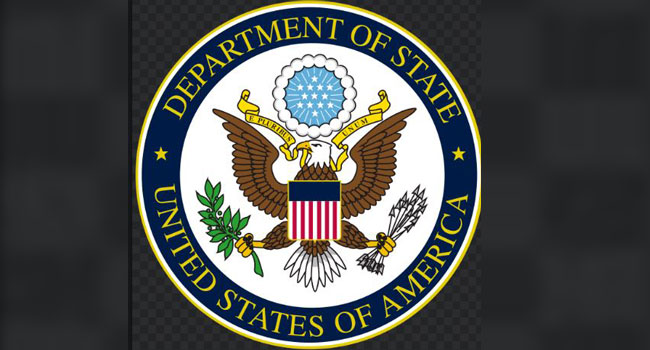The U.S. Department of State’s Global Engagement Center has unveiled Russia’s intelligence services for their involvement in supporting “African Initiative,” an information agency aimed at Africa-Russia relations, which has been spreading disinformation about the United States and European nations.
Key points regarding the Kremlin’s disinformation campaign in Africa:
– The African Initiative recruits African journalists, bloggers, and locals to amplify its efforts in bolstering Russia’s image while undermining other countries.
– One of the organization’s initial campaigns targets U.S. and Western health initiatives in Africa with dangerous health-related disinformation, including misinformation about mosquito-borne diseases.
– The Chief Editor of African Initiative is Artem Sergeyevich Kureyev, also serving as the General Director of Initsiativa-23, registered in Moscow.
– The organization operates local offices in Ouagadougou, Burkina Faso, and Bamako, Mali, organizing events on-site.
Strategies employed to propagate Kremlin’s disinformation:
– African Initiative utilizes branded and unbranded social media accounts, including “African Initiative” and “African Kalashnikov,” along with its website afrinz.ru and VKontakte.
– It actively engages on platforms like Telegram channel “Smile and Wave,” amplifying its content through pro-Russian accounts.
The U.S. State Department warns that foreign information manipulation, especially regarding health, poses a critical threat globally. By supporting this disinformation network, the Russian government jeopardizes the well-being of targeted countries and the African continent.
This revelation comes after the U.S. State Department exposed the Kremlin’s efforts to undermine support for Ukraine by covertly disseminating disinformation in Latin America. The tactic involves laundering Moscow-produced content through local individuals and groups to make pro-Kremlin disinformation appear indigenous to the communities it targets. T
he Russian government is now employing a similar approach in Africa, posing a significant risk to health security in the region.



